The 9th-grade English teacher, after receiving the call over the intercom to come to the office, gave the class a writing assignment

and excused himself from the classroom. He trusted his students to diligently pursue excellence in his absence.
Silence encapsulated the room as students put pen to paper. Then the door clicked closed. Relief washed over the students, anxious to release their pent up need for socializing. Friendly chatter erupted. Laughter followed. Students ventured out of their desks across the room to visit their friends.
For one young man, this brief reprieve from the constraints of classroom decorum was not enough. Not only did he engage in chatter, and laughter, and wandering around the room, but he climbed atop a desk and began traversing from one side of the room to the other by athletically leaping from obstacle to obstacle and loudly calling attention to his feat.
All eyes turned to him. Loud cheers urged him on in his quest for the spotlight. The young man goaded students, who had managed to keep working despite the chaos he created, to join him in his fun. He felt energized and unstoppable. He was receiving exactly what he wanted: to be perceived as the cool kid that everyone yearned to be friends with.
The other students, more self-aware and less willing to be caught in non-compliance, kept a watch on the closed door. They saw the form of the teacher in the rectangular sliver of a window and heard the knob turn and felt the breeze from the hallway as the door opened. Immediately, they postured as if they had been writing the entire time.
This left the blond, blue-eyed desk-leaper looking conspicuous in his mid-air lunge toward the teacher’s table. He landed in a stack of papers, sending them wafting upward and outward. The teacher’s eyes locked on the boy’s through the papers drifting to the floor.
The young man was awarded a trip to the office, detention, 25 bear crawls at baseball practice, and one phone call home to me, his mother, to explain the situation. In his misguided effort to be liked by his classmates, my son failed to forecast the potential consequences.
By adulthood, most of us do not act out in quite so obvious ways. Nonetheless, we are still plagued with that age-old dilemma: to be liked or to be likeable? Have you considered the difference? What does it mean to be liked? What does it mean to be likeable? Which goal motivates you more, and how does motivation toward that end influence your behavior, your happiness, and your success?
My son’s sole purpose was to be liked by his peers. He confused being liked with being likeable. He quickly discovered, however, that although his classmates really, really liked him in the moment, they distanced themselves from him afterward. They liked his wildness and his disregard for conforming to expectations, but they didn’t find him to be likeable.
People who desire to be liked and place a premium on it tend to do three things:
- Blur their personal boundaries. They are reluctant to stand strong on their personal beliefs and values. When the goal is to be liked, people tend to mold themselves to the expectations of others. They forego what they would generally claim to be important to them. There is a fear that if they clearly demarcate their boundaries, others will view them as overbearing, wrong in what they believe, narrow-minded, hard-headed, unfriendly, shallow. So they bend to the whim and will of whoever they are with in order to be liked.
- Fail to ask for what they want. Again, this is out of fear. No one wants to be seen as needy or demanding. People driven to be liked are especially sensitive to the impression they feel others have of them. Thus, they never make their own needs, wants, or desires known to others. They believe they are more likeable if they never come right out and ask for what they want.
- Act on impulse. See the above story about my son as an example. When we are motivated by the goal of being liked, we do things we ordinarily would not. We act out of character. Perhaps we tell an off-color joke to get a laugh or we do something potentially dangerous to grab admiration.
 People motivated by the goal of being likeable tend to do three things:
People motivated by the goal of being likeable tend to do three things:
- Behave consistently. We like them because we know that our perception of who they are and how they will behave is accurate. People who are likeable are predictable and dependable. They demonstrate self-awareness which translates into confidence. They like themselves, so we like them, too.
- Honor other people’s boundaries. They listen to others in order to learn about them. They accept others as they are for what they value and believe. Though people who operate from a stance of being likeable may challenge someone to leave her comfort zone, they won’t ask her to act against strongly held values and beliefs. There will always be respect for the other person.
- Express empathy. Likeable people generally have high emotional intelligence. They’re able to recognize and identify emotions in themselves and others and to respond appropriately. They don’t discount the feelings of another person, nor do they try to tell others how they should feel. Because they are able to lean into us (empathize), they pull us toward them (being likeable).
Fortunately, my son, too, has come a long way from the 9th-grade version of himself. Now in his 20s, he has a deep and wide network of friends. He attracts people to him, not by impulsive antics, but by authenticity. Although he got there the hard way, he has become an incredibly likeable person.
How do you think being liked versus being likeable affects a person’s success? Where do you fall on the spectrum between the two? What can you work on to become more likeable?

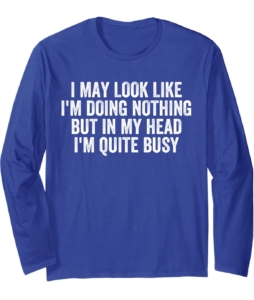
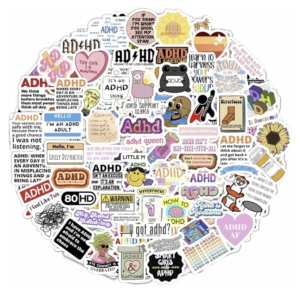


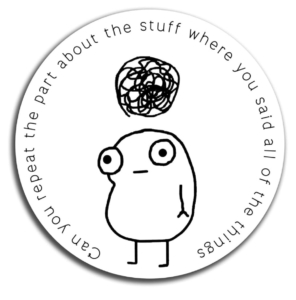









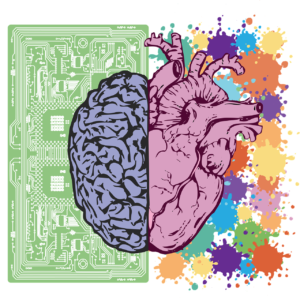

 account? Do you make critical life decisions based on emotional feedback? How can these negative emotions be processed in a meaningful way? What’s a better way to get at useful data points for determining whether what you’re doing is working?
account? Do you make critical life decisions based on emotional feedback? How can these negative emotions be processed in a meaningful way? What’s a better way to get at useful data points for determining whether what you’re doing is working?
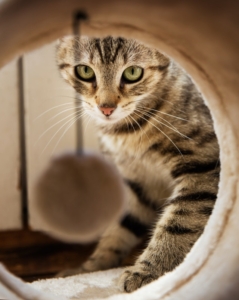 My grandmother frequently admonished me throughout my early years by saying, “Curiosity killed the cat.” This reprimand usually coincided with actual or contemplated mischief, so I heard it a lot from my grandmother’s lips. She used the quip to keep me in line.
My grandmother frequently admonished me throughout my early years by saying, “Curiosity killed the cat.” This reprimand usually coincided with actual or contemplated mischief, so I heard it a lot from my grandmother’s lips. She used the quip to keep me in line. 
 elements, illness, starvation, or predator. Your brain truly believes that curiosity killed the cat and that curiosity will kill you, as well. Thus, it creates a feeling of fear in order to discourage curiosity and regain a sense of safety.
elements, illness, starvation, or predator. Your brain truly believes that curiosity killed the cat and that curiosity will kill you, as well. Thus, it creates a feeling of fear in order to discourage curiosity and regain a sense of safety.


 People motivated by the goal of being likeable tend to do three things:
People motivated by the goal of being likeable tend to do three things: